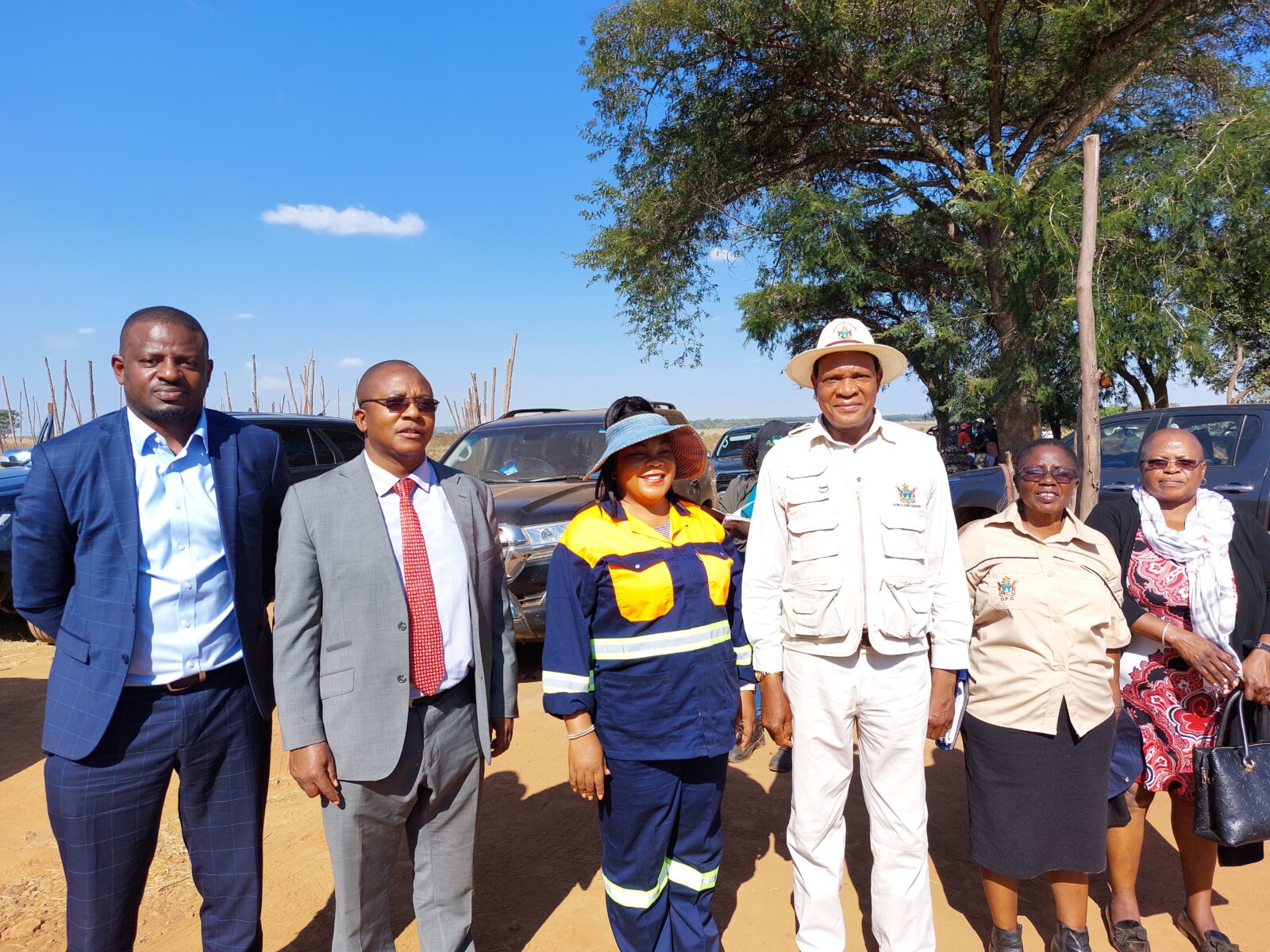Zimbabwe’s Push for Economic Growth: The Establishment of the Mines to Energy Park

The collaboration between the Zimbabwean Government and the private sector has paved the way for the establishment of the Mines to Energy Park in Mapinga a government official has said.
Speaking at the Mines to Energy Park meeting in Mapinga, Mines and Mining Development Deputy Minister Eng Polite Kambamura said the project is expected to positively impact the economy and create employment opportunities as well as infrastructural development in the country.
“As a Ministry, we are delighted by the prospects of this project that will positively impact the economy and downstream industries as well as employment creation and infrastructural development. These kinds of projects are also beneficial to our local communities and nation at large through power stations which will supply surplus power,” Kambamura said.
The Mines to Energy Park is led by Eagle Canyon International Group Holding (Hong Kong) Limited and Pacific Goal Investments Limited. This initiative also involves the setting up of a Lithium Processing Plant at Sabi Star Mine in Buhera through Max Mind Investments. The total cost for this project is estimated at USD13 Billion by the end of 2026.
The project includes the construction of two 300MW Power Stations for power generation, a Coking Plant with a capacity of 1.2 million tonnes of coke per annum, a 130,000 tonnes of per annum Lithium Salt Plant, a Graphite Processing Plant, a Nickel Chromium Alloy Smelter and a Nickel Sulphate Plant. The project is expected to benefit not only Mashonaland West Province but the nation at large.
“The establishment of a New Mines to Energy Industrial Park in Mapinga, will not only benefit Mashonaland West Province but the nation at large. The total project cost upon implementation will be USD13 Billion by the end of 2025. I am pleased that this project will include the construction of two 300MW Power Stations for power generation, a Coking Plant with a capacity of 1.2 million tonnes of coke per annum, 130,000 tonnes per annum Lithium Salt Plant, a Graphite Processing Plant, a Nickel Chromium Alloy Smelter and a Nickel Sulphate Plant,” Kambamura continued.
He said to ensure the success of this initiative, the Zimbabwean Government has set up an Interministerial Technical Committee, consisting of Government Ministries, Departments, and Agencies. The committee facilitates the availing of 5000 hectares of state land in the Mapinga area and granting fiscal incentives to the Sabi Star Lithium Project and all other projects funded by the Investors.
“To this end, as a Ministry, we have taken a keen interest in the successful implementation of such a project. We have set up an Interministerial Technical Committee comprising of Government Ministries, Departments and Agencies. It is pleasing to note the Technical Committee is holding weekly meetings,” the Deputy Minister said.
The committee facilitates dialogue with individual claim owners for the acquisition of claims to ensure sufficient feedstock supply to the Park. It ensures the facilitation of necessary approvals, authorizations, visas, work permits, import and other licenses in consultation with relevant authorities.
“The Interministerial Technical Committee is facilitating a number of obligations including :
- Availing of 5000 hectares of state land in the Mapinga Area.
- Granting of fiscal incentives to the Company’s Buhera Lithium Project known as Sabi Star and all the other projects to be funded by the Investors.
iiii. Facilitating dialogue with individual claim owners for the acquisition of claims to ensure an adequate supply of feedstock to the Park.
- Facilitation of necessary approvals, authorizations, visas, work permits, import and other licenses in consultation with relevant authorities,” said Kambamura
He commended the government’s efforts in facilitating such projects and thanked the private sector for their contributions. He said the successful implementation of such projects will help strengthen the mining sector, achieve the National Vision of becoming an Upper Middle-Income Economy by 2030, and benefit local communities and the nation at large.


